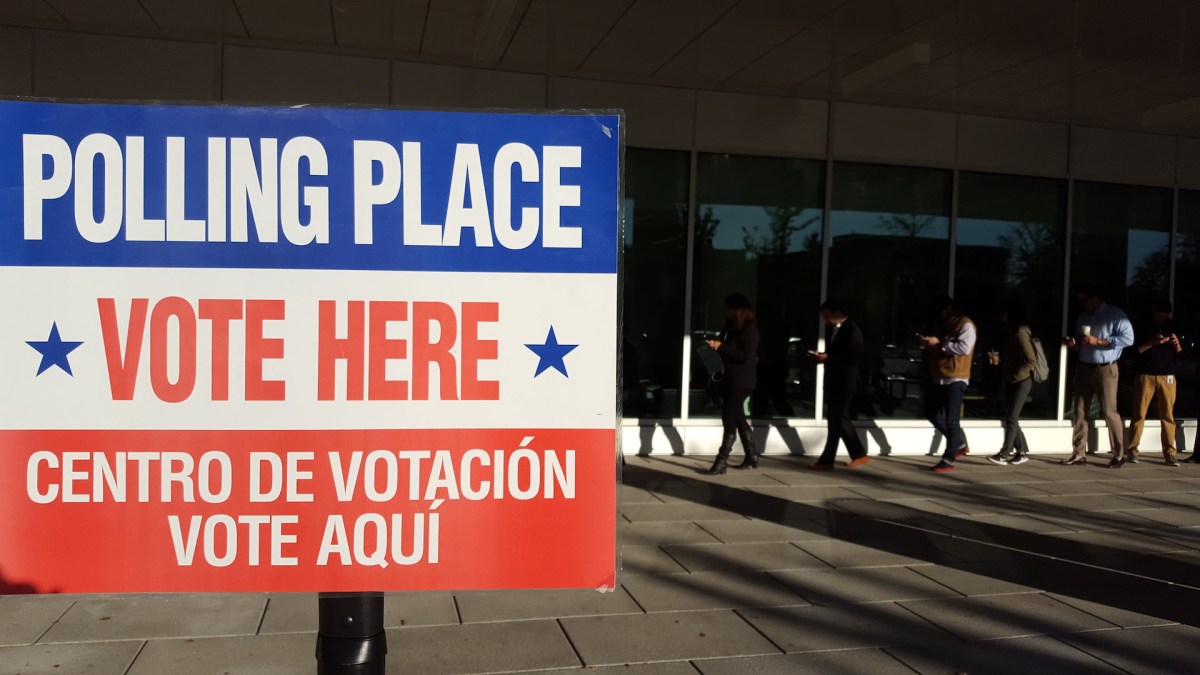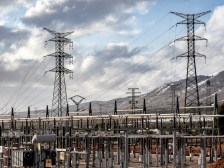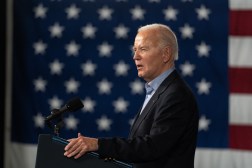DHS, FBI promise to improve defense of election systems ahead of 2018 campaign season

The Department of Homeland Security is promising to better coordinate with state and local government officials in efforts to defend election systems from hackers in the upcoming 2018 congressional campaign season.
The pledge, by acting Secretary Elaine Duke, comes after a chaotic 2016 cycle which saw hackers probe and in some cases breach voter registration databases in multiple states. There is no publicly available evidence to suggest that election results were significantly altered as a result of these intrusions.
Duke spoke Wednesday on Capitol Hill alongside FBI Director Christopher Wray and Nicholas Rasmussen, director of the National Counterterrorism Center, in a congressional hearing focused on existing homeland security threats.
At one point, lawmakers pressed Duke and Wray to answer how their individual agencies were preparing for possible cyberattacks against election systems in the coming year — especially those that could go further and potentially impact voting tallies. Duke highlighted the role DHS plays in discovering and communicating valuable intelligence about breach attempts to state and local partners, while noting that the FBI is largely focused on identifying and attributing such attacks.
Among other things, DHS plans to change the way it offers relevant security information with certain state and local partners, Duke said. The department had learned from the 2016 ordeal and believed a new approach was necessary, she said. Duke provided few additional details.
Russian hackers attempted to penetrate or probe systems in a total of 20 or 21 different states, reports have said. In different cases, the attackers sought to break into a variety of different election software products.
“We notified the states back when the intrusion occurred,” Duke said. “What we learned from that and what we’re correcting is we notified the systems’ owners and didn’t necessarily notify the right senior officials that need to take action.”
The Intercept and CyberScoop both previously reported that the federal government had warned a shortlist of election software vendors in the run up to the 2016 election that hackers posed an immediate threat to their products.
Wray, who only spoke briefly on the matter and in general terms, mentioned that the threat of foreign interference in U.S. elections represents a topic of considerable concern for the FBI and has already become a major focus under his leadership. Wray was only recently confirmed to head the FBI following the ousting of former Director James Comey by President Donald Trump.
“We are spending an enormous amount of time talking about this very subject. We are surging more resources specifically focused on the upcoming elections. We are collecting more intelligence,” Wray said. “One of the things we know is that the Russians and other state actors are trying to influence other elections in other countries as well. So that’s one of the places where our partnerships become so important because we can exchange information about tradecraft and methods and capabilities.”
He continued, “We in the FBI are also looking at this as a multi-disciplinary effort not just across agencies but even within the FBI. Our counterintelligence and cyber people are working together on it.”
Although state governments are primarily responsible for defending their own election infrastructure, they can and are often encouraged to request help directly from federal agencies, including namely from DHS and FBI. Duke told lawmakers Wednesday she hoped to see more states proactively reach out to DHS and the broader federal government for assistance in the coming months.




